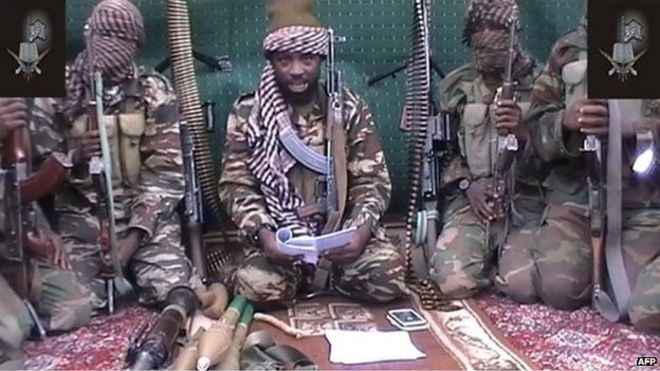Open letter to ISIS, Al-Qaeda, Boko Haram and all other violent Islamist extremist groups
Subscribe
Login
0 Comments





